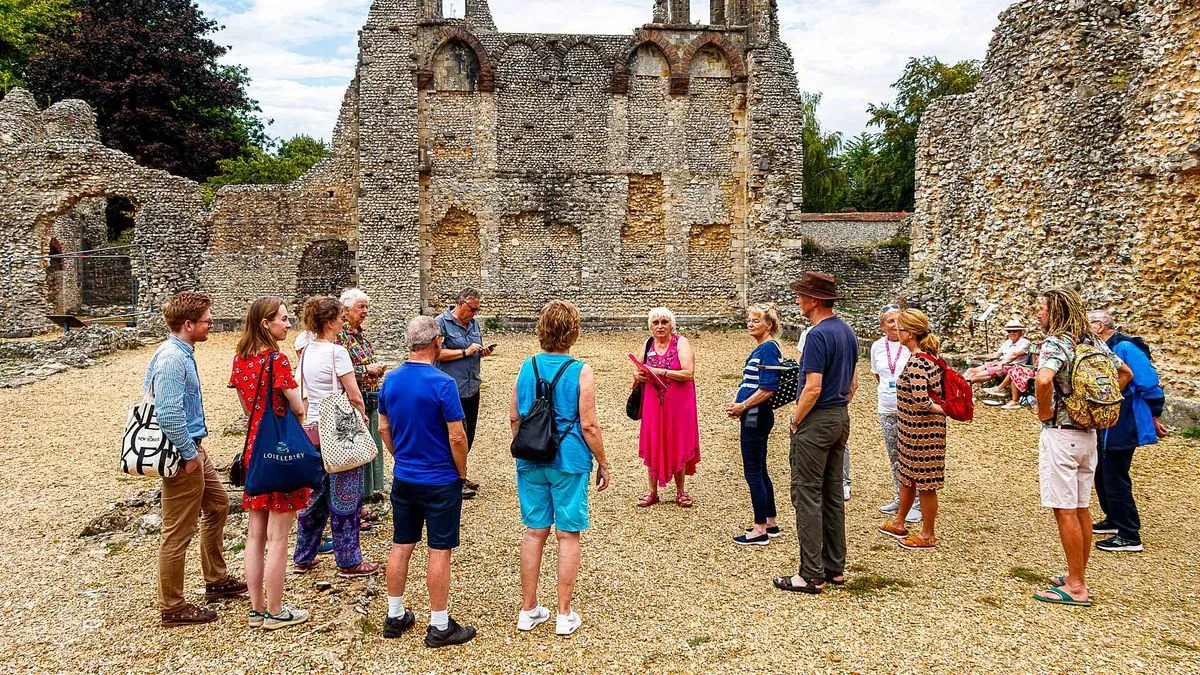Fact Check: English Heritage's Free Access Policy for Refugees Clarified
Misleading social media claims about free access to English Heritage sites for migrants are debunked. The policy actually applies to refugees and pre-booked asylum seeker groups, not individual migrants.

Recent social media posts have sparked confusion regarding access to English Heritage sites for individuals arriving in Britain via small boats. These claims, which have gained significant traction online, misrepresent the actual policy of the heritage organization.
English Heritage, a charity overseeing 400 historic buildings, monuments, and sites across England, has a specific policy regarding free admission. Contrary to the viral posts, this policy does not apply to all migrants or asylum seekers arriving in small boats.
The organization's spokesperson clarified:
"This policy only applies to people who have been granted refugee status or people who have been given leave to remain as a displaced person. The only exception to this is organised group visits of people seeking refugee status or leave to remain, run by local authority resettlement services or charities – these groups will be admitted free as long as they have pre-booked via the usual group booking procedure."
It's crucial to understand the distinctions between refugees, asylum seekers, and migrants. According to data from the Migration Observatory at the University of Oxford, 93% of the 110,000 individuals arriving in small boats between 2018 and March 2024 submitted asylum applications. Of these, approximately 34,500 were granted refugee status or other forms of permission to stay.
The asylum application process in the UK can be lengthy. In the year leading up to March 2023, only 21% of all asylum applications received an initial decision within a year. 44% took between one and two years, 22% between two and three years, and 14% required three years or more for a decision.

These statistics highlight the complexity of the UK's asylum system and the challenges it faces in efficiently processing applications. The misunderstanding surrounding English Heritage's policy underscores the importance of clear communication about immigration policies and the roles of cultural institutions in supporting integration.
Access to cultural heritage sites can play a significant role in social inclusion for refugees. However, it's essential to differentiate between refugees, who have been granted legal status, and asylum seekers or migrants who are still navigating the application process.
The spread of misinformation on social media platforms like Facebook and X (formerly Twitter) demonstrates the need for critical evaluation of online claims, especially those related to sensitive topics like immigration. Fact-checking organizations, such as Reuters, play a crucial role in clarifying such misunderstandings and providing accurate information to the public.
In conclusion, while English Heritage does offer free admission to refugees and pre-booked groups of asylum seekers, this policy does not extend to all individuals arriving in Britain via small boats. The misleading social media claims highlight the ongoing challenges in public understanding of immigration policies and the importance of accurate information dissemination.


































